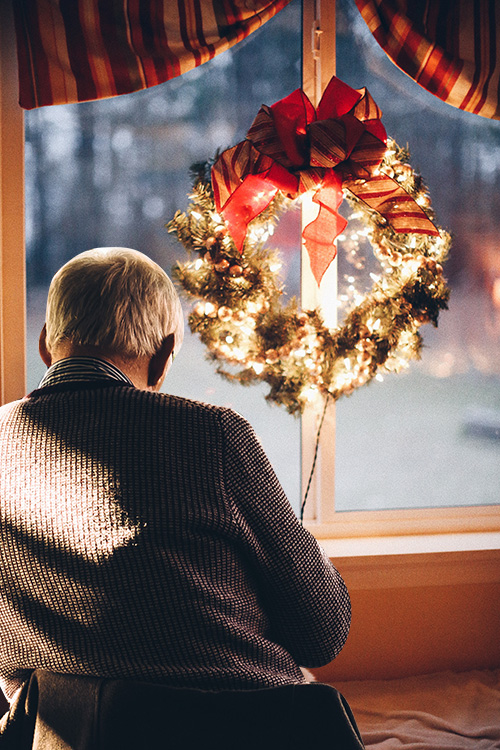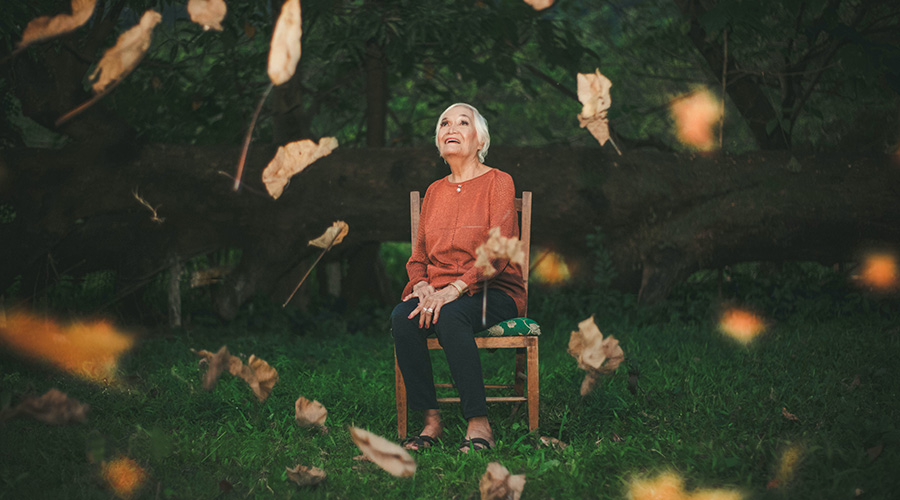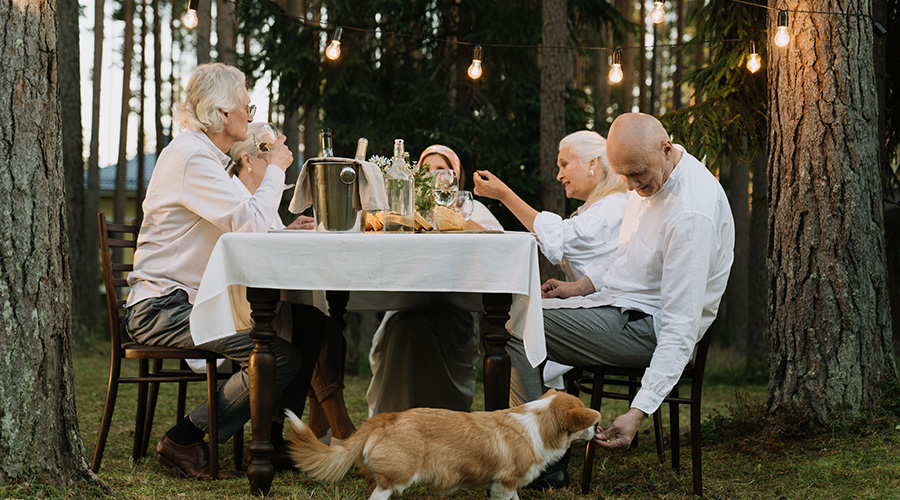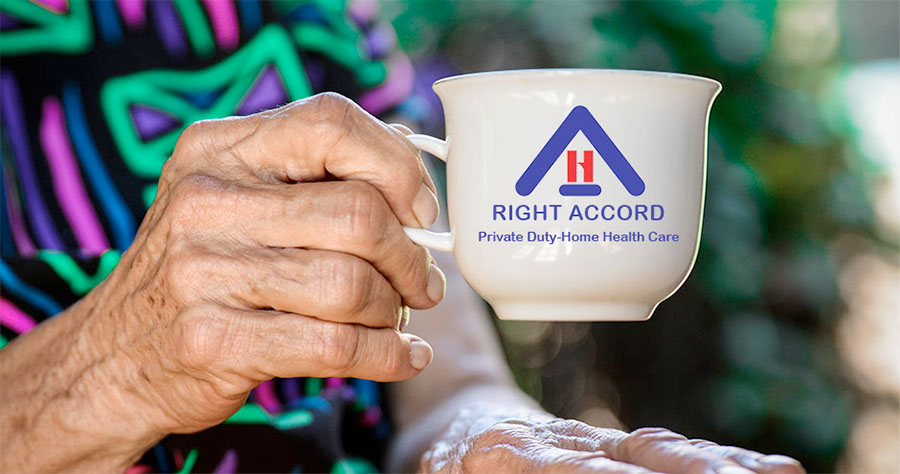· 8 min read
10 Guides To Beat Seasonal Affective Disorder On Seniors
Seasonal Affective Disorder is a serious medical condition. It is life-threatening that mostly affects the seniors during the holiday called winter blues.

By: Rosemarie Tamunday Casanova — RN, BSN, MHA
The holiday season is around the corner. The air is wet, cold and frosty. Atmospheric temperature drops to freezing point and everyone is giddy about the the year’s “most wonderful time”. It is the season of love, happiness and memory creation with friends and family.
But then you start to feel off. You are just not catching the vibe of the moment or feeling the holiday spirit. You feel more comfortable being left on your own as you spend more time indoors, away from people and gatherings.
You find yourself crying a lot, moody and depressed. You may have even started thinking of ways to get a quick burst of elation or perhaps even to simply end it all once and for all. It just also so happens that this current state you are in happens whenever it is this time of the year and when the winter holidays are over, you get back to normal.
All these strange sensations you feel are not out of this world. It is good to know that you are not alone. Other people have had this too before. You may simply be suffering from the winter blues.

Photo by Laura Beth Snipes on Unsplash
Winter blues is a real condition that affects people worldwide. In fact, about 10 million people suffer from this every year. The medical term for this condition is known as Seasonal Affective Disorder (SAD).
Seasonal Affective Disorder is a form of depression that is only seen with seasonal changes. This could either be around the winter or in summer. Most occur during the winter holidays and women are more affected than men.
In order to understand this condition, we must first consider the possible causes.
What causes winter blues?
Winter blues occur as a result of a complex interplay of physiologic functions that are altered around this time of the year. The body’s physiological functions are regulated by many factors, chief among which are hormones and neurotransmitters. These are chemicals that the body releases at certain times to either increase, decrease or maintain a particular function.
During seasonal changes like in winter, there are shorter days and longer nights. The cold winter clouds reduce the amount of sunlight that penetrates the environment and the shorter day limits the duration of the sunlight available. This condition has a consequential effect on the body.
First, humans require sunlight to make their own vitamin D, the absence of which leads to a depletion of the body’s reserve. This vitamin is important for mental and physical well-being. Especially in the elderly who are prone to bone diseases likes osteoporosis.
Secondly, the body’s clock mechanism that controls how and when we sleep is largely influenced by a chemical known as melatonin.

Photo by Christian Langballe on Unsplash
When the level of melatonin reduces, one could become sleep deprived. Lack of sleep or too much of it can affect mood.
Furthermore, the alteration in this sleep pattern can also lead to a reduction in serotonin levels in the body; a chemical that makes us feel happy. As this chemical reduces, depression can set in with dire consequences like suicidal thoughts and drug abuse.
Things to look out for
- Are you having an unusual change in appetite? People with the winter blues may find that they have either a loss of appetite, or an increase in food consumption.
- Changes in sleep pattern.
- The body’s circadian rhythm (physiological clock) becomes altered leading to a decrease, or increase in the hours of sleep you get everyday.
- Agitation or lack of energy. The changes in sleep pattern further progresses into altered moods
- Feeling of hopelessness Depressive states as is with selective affective disorder can lead to this. Once the will to live to live is lost , suicidal thoughts may even set in.
Why the elderly should be concerned
With winter, the elderly are usually advised to spend less time out in the cold out of genuine concerns for their health. Coupled with other health conditions that may already exist which limits their mobility or immunity, this is good. However, there is a down side to it.
Seniors are now at a higher risk of depression when this time comes because they are usually indoors when every other person is out. There is limited association and reduced exposure to sunlight. Their physiological mechanisms are sometimes not at the best of conditions to cope with these changes and this may trigger depression.
This condition is also of concern to the elderly because they have easy access to medication and can easily be left alone to themselves while their caregivers are caught up in the frenzy of the holiday season. An elderly person who suffers from the winter blues can easily tilt towards suicidal thoughts and abuse of these drugs which may prove fatal.
Here is the light at the end of the tunnel - this condition can be well managed and with some basic guides, you can go through this cold patch till the season is over.
A Guide to survive the winter blues

Photo by Alexavier Rylee Cimafranca on Pexels
1. Take a trip to where the sun shines
If you can afford a holiday trip, take one. The farther away you are from the equator, the more likely you are to suffer from seasonal affective disorder.
This is because Northern and Southern extremes have little exposure to sunlight and around this time of the year, the days become shorter comparatively to others. So look out for countries, cities and provinces closer to the equator and vacation there.
2. Say no to the snooze
Wake you when you have to. Do not stay unnecessarily too long in bed. If you use an alarm, resist the urge of tapping the snooze button.
One useful tip is to keep your device a bit away from your bed so that a little more effort is required to turn it off. As too much sleep can result in tiredness and loss of interest in activities.
3. Breathe the air and embrace the sun
Create time for outdoor activities. Take in the fresh air and expose yourself to the rejuvenating powers of the sun. Get as much of the daylight outdoors as you possibly can, this with brighten up your mood.
4. Bright is right!
As you plan your day, pick out bright colors for your outings and visits. There is a psychological component to doing this. You are more likely to be happy and excited when you are putting on brighter colors.
5. Exercise
Sedentary lifestyle does no good at a time like this. It should be noted that elderly people are usually prone to medical conditions like diabetes and hypertension and other conditions that could be made worse by an inactive lifestyle and the weight gain that comes with that. So engage in physical activity rather than staying idle.

Photo by Pexels
6. Get company.
For the elderly, this is the time to be with loved ones. Take in the troubles and noise from the kids and grand kids. Family reunions and holiday celebrations should be an exciting time for socializing.
For others who for understandable reasons, cannot be with family, good nursing care homes can have interesting programs lined up for the elderly to keep them engaged and stimulated.
7. Look into the light
Light therapy also helps with mood and can give partial or even total relief from the blues. It is best to use ultraviolet filtered light as direct light may cause harm to some people. Light boxes can be installed in the room and one can sit by them for a few hours each day. This light works by suppressing the hormone that triggers sleep. It also mimics the beneficial effects of the sun. There are spas and clinics that also offer phototherapy.
8. Consider going on the happy pill.
Tryptophan is an amino acid that when in the body, gets converted to a chemical called serotonin. This neurochemical is what the body releases when we feel good. It regulates our mood and happiness. So if for any reason, the body’s serotonin is depleted leading to gloomy feelings, the supplements can help rejuvenate it.
9. Folic acids
It has been shown that another important component required for the production of serotonin is folic acids. This can either be gotten as a tablet or from fresh foods such as soybeans, vegetable leaf, oatmeal and lentils.
10. Keep a routine
Never underestimate the power of your routine. With the winter by the corner, it is quite easy to want to alter your routine and probably do less. Doing less and staying more in bed or indoors as some of the things that can trigger a depressive state. So stick with the routine.
Seasonal affective disorder is a serious medical condition and should be handled as such. That notwithstanding, these simple but effective methods have been used to overcome it with great outcomes in different people.
When necessary, it is important to see a doctor so the condition can be managed. So get up, get out there, shake off the gloom and blues and have yourself a wonderful holiday season!



